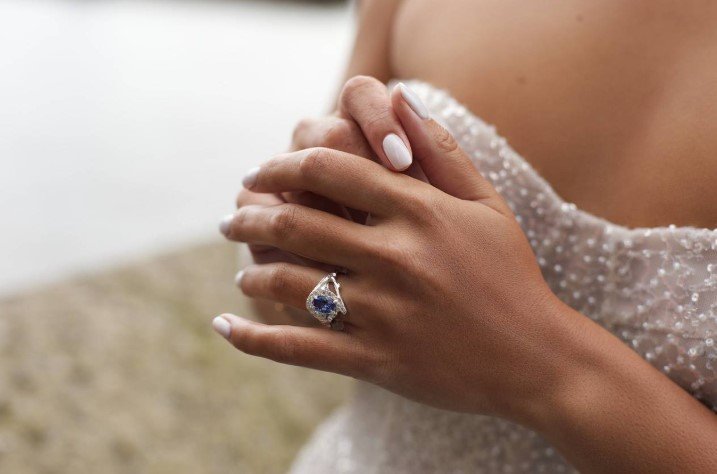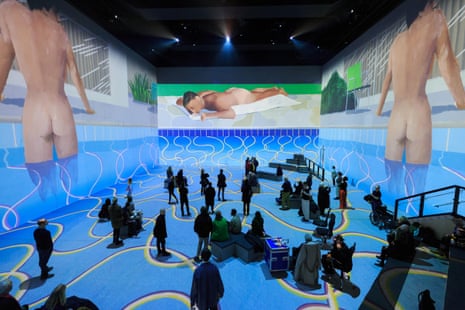
You have to be 16 many years old to travel, 18 to vote and 21 to consume — at minimum in the United States.
How old do you have to be to perform a expert symphony orchestra?
It is a trick issue, of system. There’s no least age necessity for standing in entrance of a team of 100 or so instrumentalists and finding them to carry out as a person. Doing so will take a exceptional confluence of items underneath any situation — physical, musical, interpersonal — and some persons do start amassing them alarmingly early in lifetime.
But that doesn’t mean it’s an uncomplicatedly superior idea.
The most recent musical phenom to elevate this worry is Klaus Mäkelä, the 26-yr-aged Finnish conductor who retains no much less than 3 important leadership posts — in Oslo, Paris and Amsterdam. Above the class of the earlier few of yrs, he has turn out to be an orchestral golden boy, showered with praise and touted as a candidate for orchestral vacancies as they crop up — not terrible in a industry wherever practitioners are thought of rookies until finally at least their mid-30s.
Nonetheless when Mäkelä made his debut with the San Francisco Symphony in April, he still left the perception of a gifted artist who was continue to very much in the early phases of his progress. Not long ago, Alex Ross of the New Yorker experienced a similar response to Mäkelä’s 1st outing with the New York Philharmonic, and to a new total recording of Sibelius’ symphonies.
“I suspect that in afterwards a long time Mäkelä will be embarrassed by this premature debut,” he wrote of the recording (which I have yet to listen to). “… Let’s hope that (he) can disregard the oddly cultish aura that surrounds him and study from his inescapable mistaken turns.”
Ross may perhaps or may well not be suitable about Mäkelä specifically, but the common point resonated strongly for me. This is merely the most current instance of the musical environment turning out to be fixated on an artist for whom youth is an evident aspect of the attraction.

It’s not a remotely new development. In audio, the tradition of little one prodigies dates back at minimum as far as Mozart, who spent his childhood being dragged all-around to key towns in Europe like a skilled monkey so he could demonstrate off his fully legitimate capabilities as a violinist and keyboard participant.
The prodigy playbook hasn’t actually improved in the ensuing 250 years. To this day, concert halls continue to be awash with pianists and violinists in their teens and even more youthful, getting to the stage with formidable technical skills but small perception of what the music they play basically signifies. (The most the latest example was the Spanish violinist María Dueñas, who manufactured her San Francisco Symphony debut in 2019 at 16.)
There is a easy explanation for that: Youthful people really do not know extremely a great deal. Not even prodigies.
I say this with no disrespect for youthful men and women. (I’m a previous youthful individual myself!) They have innumerable skills and strengths that parents often lack — electricity, ambition, the knack for studying new points.
But obtaining expertise, enable by itself wisdom, is a course of action that necessitates logging a specified selection of outings all over the sun. And having that expertise or wisdom is an important component of remaining an artist.

The place was pushed property to me nevertheless again in my new encounter with Alma Deutscher, the astonishingly proficient 17-calendar year-outdated British musician. Deutscher was at Opera San José to carry out “Cinderella,” the total-size opera she first composed at 10 and has due to the fact expanded and strengthened.
The scope and variety of Deutscher’s skills are truly unnerving. She’s an attained pianist and violinist, and she wrote the libretto for “Cinderella” as properly as the total orchestral score. She’s also remarkably intelligent, articulate and charming as a conversationalist.
Still there’s no receiving close to the actuality that she’s 17, which places a hard cap on how deeply she understands the entire world. Her ideas about music are thoughtful but callow “Cinderella” is a work of prosperous ingenuity and minor psychological depth.
There’s no disgrace in this — none of us can grasp any additional of the entire world than we’ve experienced the time to take up — but there is a threat. The danger lies in mistaking talent for being familiar with, in particular when that talent is so wildly out of proportion to age.

This is a temptation we have all felt. The spectacle of a pint-measurement virtuoso — in any industry, not just audio — feels otherworldly, and it inspires an virtually lurid fascination that is tough to resist.
It can also guide us to misconstrue the fact of what we’re witnessing. It can prompt us to error facility for profundity or approach for insight, whether or not the case involves a 13-12 months-previous pianist, a 17-calendar year-outdated composer or a 26-12 months-old conductor.
Which is not to say that there are not counterexamples. Felix Mendelssohn, for a person, was as eloquent and unique a composer at 17 as any grownup in the Western classical custom. (Mozart, regardless of what the audio appreciation salespeople may notify you, was not.) There have been orchestra conductors in their 20s who had something to say about Beethoven that was truly worth listening to.
But all those exceptions are vanishingly scarce. In standard, every person involved — the artists and their audiences alike — is superior served by tolerance and motivation. Allow younger musicians develop and prosper at their own pace and by way of their possess method. There’s no compelling purpose why anyone requires to listen to a youngster’s Beethoven or Tchaikovsky currently, when every thing we know tells us it will be better — richer, stranger, extra whole of nuance and perception — more down the street.





More Stories
Remembering Roots Musician Steve James 1950–2023
Mark Stewart, Pop Group frontman and revered countercultural musician, dies aged 62 | Music
Musician Hunter Hayes on the cost of fame and anxiety: ‘I’m my hardest critic’